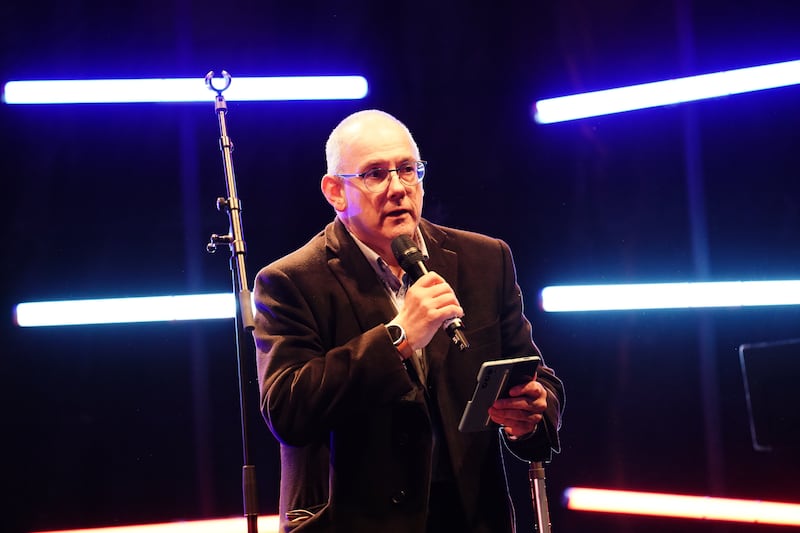UNIVERSITIES are being urged to be more proactive in their efforts to prevent student suicides.
New recommendations include the option of involving trusted contacts such as parents or others even without agreement from the student, in situations where there are serious concerns about the person's safety or mental health.
The guidance has been published by Universities UK (UUK) in partnership with the Papyrus suicide prevention charity.
UUK, which represents 140 universities in Northern Ireland, England, Scotland and Wales, said the recommendations place the student at the centre of decisions about their safety and care.
But it said that, while it is always preferable to get agreement from the student, if there are serious concerns about their safety or mental health then universities can decide to involve trusted contacts without their agreement.
It advised that those decisions should be taken by appropriately qualified staff and supported by senior leadership and made in the student's best interests.
The guidance includes making it mandatory for students to give a trusted contact - not necessarily a parent - when they register at university, and "starting a conversation about when and how these contacts might be involved".
UUK said there should also be "check-ins" at the beginning of each new academic year for this to be updated if needed.
Universities are also being urged to review their suicide prevention plans and policies to keep students safe, working closely with NHS services.
Isabella De George, who lost her brother Harrison by suicide, having not turned up for a university placement, welcomed the new recommendations as "a brilliant system".
She told BBC Breakfast: "I definitely think it would've helped Harrison" adding that having a trusted contact in place already is "a safety net".
"I think if the university had been able to contact us and have that information of our contact details, they would've been able to alert us sooner as well," she added.
Professor Steve West, UUK president, said the sector must do "everything we can to reduce the risk of suicide and serious self-harm".
"Universities can help save lives when they adopt a proactive response to suicide prevention, and an important part of that proactive response is making proportionate, risk-based decisions around involving trusted contacts," he said.








